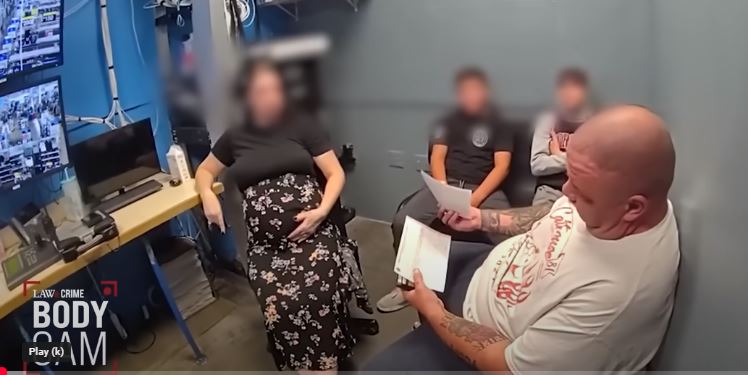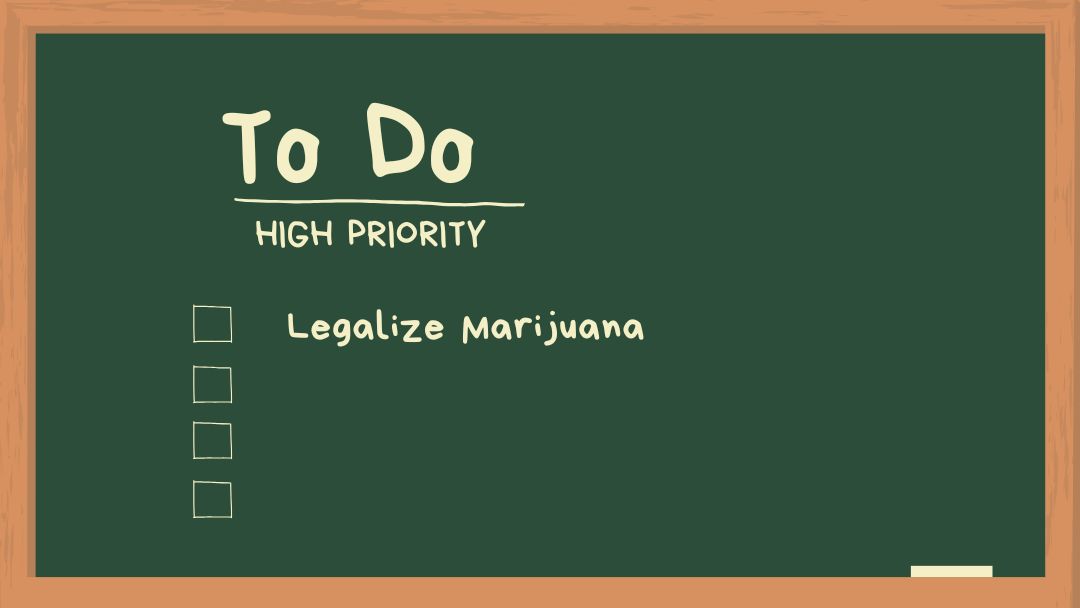Michigan Rules of Evidence 801-807 Hearsay:
In the courtroom, truth-finding is paramount. Yet, not every statement offered as evidence directly reveals the truth. Enter the realm of hearsay, statements made out of court, and the complex rules governing their admissibility. In Michigan, Rules of Evidence 801-807 serve as the gatekeepers, determining which hearsay statements can cross the threshold and be heard by the jury.
Rule 801: Hearsay and its Exceptions
The battle begins with understanding the enemy – hearsay. Rule 801 defines it as a statement:
- Made outside of court: The statement cannot be made during the current trial or hearing by the person who made it (the declarant).
- Offered to prove the truth of the matter asserted: The statement’s purpose is not just to narrate an event, but to convince the jury of the truth of the matter it describes.
However, not all out-of-court statements are hearsay. Rule 801 itself provides several exceptions:
- Present sense impressions: Statements made about an ongoing event or sensation perceived by the declarant are admissible. Imagine a witness describing a car accident as it unfolds.
- Excited utterances: Statements made under the stress of a startling event, while still fresh in the declarant’s mind, can be admitted. Think of a person’s immediate cry for help after being robbed.
- State of mind: Statements revealing the declarant’s then-existing state of mind, such as intent, belief, or emotion, are admissible. For example, a suicide note expressing the writer’s intent to end their life.
Rule 802: The General Hearsay Ban – A Wall with Cracks
While Rule 801 identifies the enemy, Rule 802 raises the barricades. It generally prohibits the admission of hearsay, recognizing the inherent danger of relying on uncross-examined statements. However, the rule isn’t a fortress—cracks exist in the form of numerous exceptions.
These exceptions fall into two broad categories:
- Unavailability of the declarant: When the declarant is unavailable to testify in court due to death, illness, or other legitimate reasons, certain hearsay statements become admissible. This includes prior statements made under oath (depositions or testimonies in other proceedings), dying declarations, and statements against interest.
- Reliability and trustworthiness: Even if the declarant is available, certain types of hearsay are admitted due to their inherent reliability and trustworthiness. These include business records, medical records, family records, public records, and certain statements about personal or family history.
Have your rights been violated?
Have your driving priviledges been revoked?
Has your professional license been suspended?
Second Amendment rights taken away?
Have you been charged with a crime?
Call our office to see if we can help
Komorn Law 248-357-2550
Rules 803-806 – A Spectrum of Exceptions
Each exception in Rules 803-806 has its own specific requirements and nuances. For instance, Rule 803(a) allows business records to be admitted if they were kept in the regular course of business and meet certain foundational requirements. Rule 803(b) permits excited utterances only if made under the immediate stress of a startling event, while Rule 803(c) allows statements against interest if the declarant would have reasonably expected the statement to harm their legal position.
These rules provide a spectrum of exceptions, balancing the need for reliable evidence with the concerns over hearsay’s inherent dangers. Navigating this spectrum requires careful consideration of the specific facts and circumstances of each case.

Rule 807: The Residual Exception – A Last Resort
Even after considering all established exceptions, some cases may still involve crucial hearsay evidence not neatly categorized. This is where Rule 807, the residual exception, steps in. It allows for the admission of hearsay that doesn’t fall under any other exception, but only if it meets four strict conditions:
- Equivalent circumstantial guarantees of trustworthiness: The statement must have indicia of reliability comparable to those of the established exceptions.
- Material fact: The statement must be relevant to a significant issue in the case.
- More probative than any other available evidence: The statement must be the best evidence available on the issue at hand.
- Serves the purposes of these rules and the interests of justice: Admitting the statement must ultimately advance the goals of fair and just adjudication.
The residual exception is a powerful tool, but its use is limited and subject to careful judicial scrutiny.
Important:
This article provides a simplified overview of the Michigan Rules of Evidence for informational purposes only. It should not be interpreted as legal advice. When facing legal matters, always consult with a qualified attorney for professional guidance.
The Michigan Rules of Evidence are subject to change over time. Always consult the latest official version for accurate information.
Here is the link to the Michigan Rules of Evidence Handbook. Check the footer for the latest update.
Related Articles
Evidence in Michigan Courts: A Guide to Rules 401-411
Understanding the Foundation: A Summary of Michigan Rules of Evidence 401-411 The Michigan Rules of Evidence (MRE), specifically Rules 401-411, lay the groundwork for what evidence can be presented in court and how it might influence the outcome of a case. This...
Evidence in Michigan Courts: A Guide to Rules 301-302
Michigan Rules of Evidence: A Guide to Rules 301-302 Presumptions, those inferences drawn from established facts, play a crucial role in both civil and criminal cases in Michigan. However, their application is carefully regulated by the Michigan Rules of Evidence,...
Evidence in Michigan Courts: A Guide to Rules 201-202
Michigan Rules of Evidence: A Guide to Rules 201-202 Understanding the Michigan Rules of Evidence is crucial for anyone involved in legal proceedings within the state. This article focuses on two key rules: 201** (Judicial Notice of Adjudicative Facts)** and 202**...
Evidence in Michigan Courts: A Guide to Rules 101-106
Navigating the legal system can be daunting, especially when it comes to understanding the rules governing evidence. This article sheds light on the first six articles of the Michigan Rules of Evidence (MRE), providing a helpful summary for legal professionals,...
More Posts

When Can Police Take Your Dash Cam?
You work hard. Now get ready to work harder to prepare to give more.In Michigan, police can take your dashcam footage in specific situations, primarily when they believe it could serve as evidence in a criminal investigation. Michigan law permits officers to seize...

People who are going to need a Lawyer – November 12, 2024
People who are going to need a LawyerMan so drunk field sobriety tests were ‘too dangerous’ sentenced to life in prison for repeated DWI convictions‘Several terabytes’: Diddy prosecutors shed light on ‘voluminous’ discovery, including iCloud accounts and dozens of...

Cambridge Analytica data breach comes before court
Oral arguments in Facebook v. Amalgamated Bank will beginThe justices are set to review securities law as they hear arguments in a significant case linked to the 2015 data breach involving Cambridge Analytica and Facebook. The tech giant’s effort to fend off federal...

Search and Seizure – Consent or Plain view
The Fourth Amendment was established to protect individuals from unreasonable searches and seizures, yet there are exceptions.In Michigan, understanding the concepts of search and seizure, particularly regarding consent and plain view, is crucial for both law...

A drunk driving investigation, a car wreck and a blood draw
A Case Summary: People v. Blake Anthony-William BartonOn October 11, 2024, the Michigan Court of Appeals issued a decision in the case People of the State of Michigan v. Blake Anthony-William Barton. The case involved a drunk driving investigation following a car...

Police say they can tell if you are too high to drive
Police say they can tell if you are too high to drive. Critics call it ‘utter nonsense’Haley Butler-Moore sped up to pass a semi on the highway when she suddenly saw the police lights. She’d left Albuquerque hours earlier, heading to a Halloween party in Denver. Tired...

Cannabis – The Rise and Fall and Trail of Survivors Pile Up
Thieves make off with 1,000 pounds of premium flower in cannabis from a corporate grower in Michigan. Then, the GM sells off 650+ pounds to pay employees.The recent theft of over 1,000 pounds of marijuana from 305 Farms, a corporate cannabis grower in West Michigan,...

If you have an LLC you must comply or face fines and possible prison
You work hard. Now get ready to work harder to prepare to give more.If you own or are a member of an LLC.You have a deadline of January 1, 2025Call us we can take care of it for you. 248-357-2550The new Beneficial Ownership Reporting requirements for LLCs and other...

Compounding Charges Laws in Michigan
Understanding Compounding Charges Laws in Michigan Compounding charges refer to the illegal act of accepting or agreeing to accept a benefit in exchange for not prosecuting a crime. In Michigan, this is considered a serious offense, and the law specifically prohibits...

Harris unveils new proposals targeting black men with cannabis legalization
"Harris unveils new proposals targeting Black men as she looks to shore up Democratic coalition" CNNAmid the ongoing national issues, Vice President Kamala Harris introduced new initiatives on Monday aimed at addressing the needs of Black men as she works to bolster...















